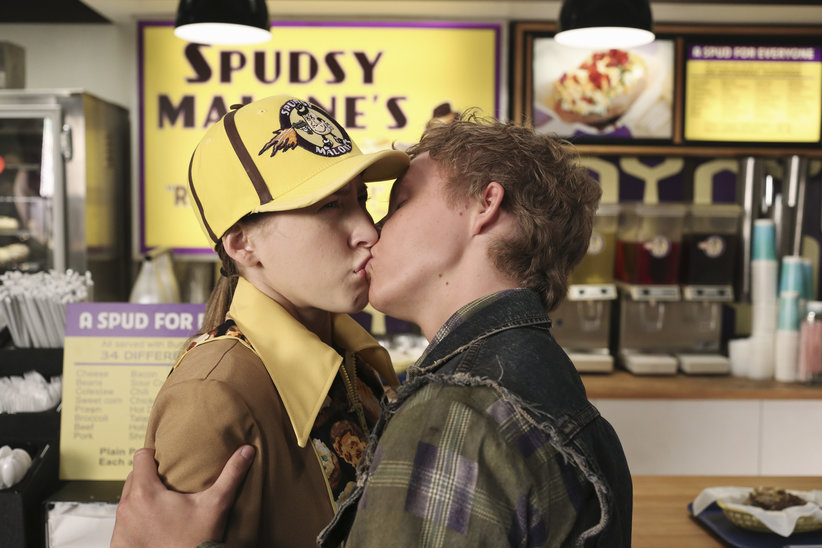Name Change of the Division of Women and Crime (DWC) to the Division of Feminist Criminology (DFC)
In Summer 2021 the ad hoc Constitutional Revision Committee (CRC) of the DWC distributed a survey to Division membership asking whether members were supportive of a Division name change and, if so, what terms would be preferred in that new name. Results of the Name Change Survey (N=108) suggested widespread support for a Division name change. However, several respondents also noted that a name change without a corresponding mission change, including substantive action, would be merely “performative.”
The impetus for this survey was two-fold. First, the DWC had received a proposal in 2020 to revise the Division name to the “Division on Gender, Crime & Justice.” The proposal appropriately noted that language is fluid, and that the term “women” is increasingly seen as representative of the gender binary and thus, can be interpreted as exclusionary.
Second, there has been significant concern expressed by many Division members about the title of our Division journal, Feminist Criminology, and the need to ensure that our journal reflects inclusive, intersectional, and anti-racist feminist scholarship. Our newly appointed co-Editors of Feminist Criminology (in Summer 2022), Lisa Pasko and Vera Lopez, are especially well-qualified to move the journal toward this vision of inclusive, intersectional feminist criminology.
A preliminary name change proposal by the CRC was distributed in November 2021. This proposal was shared along with a second survey seeking member comments (not a vote) about the proposed name. An open discussion was also organized during the Friday business meeting of the DWC at our annual conference in 2021. The proposed name, Division of Women, Gender & Feminist Studies in Criminology (DWGFS), was not popular, but led to significant membership engagement with the process of re- naming the Division. Two words in particular were frequently mentioned on the survey and at the in- person DWC discussions: feminist and intersectionality.
In response to the results of both surveys, the public discussion of the purpose and lack of inclusion in the Division currently and historically, and our own lengthy histories with the Division, the DWC Executive Board (EB) proposed to revise the Division name to the Division of Feminist Criminology, which was approved by division membership. In changing the name to the Division of Feminist Criminology (DFC), the EB has concluded that what makes our Division explicitly unique within the American Society of Criminology is our emphasis, as our journal title demonstrates, on feminist approaches to criminology—particularly inclusive, intersectional and anti-racist feminist approaches.
A new proposed mission statement is as follows:
The Division on Feminist Criminology is a unit of the American Society of Criminology whose members use inclusive feminist, intersectional and anti-racist perspectives to examine systems of oppression related to offending, victimization, and the criminal legal system, and have scholarly and professional interests related to harms associated with marginalization, inequality, and crime/criminalization.
The Division of Feminist Criminology namesake reflects the centrality of our feminist approaches. Alongside our new mission statement (if approved by our membership), we advocate for our Division to become more inclusive, intersectional, and anti-racist, in terms of membership, actions, scholarship, and leadership.

